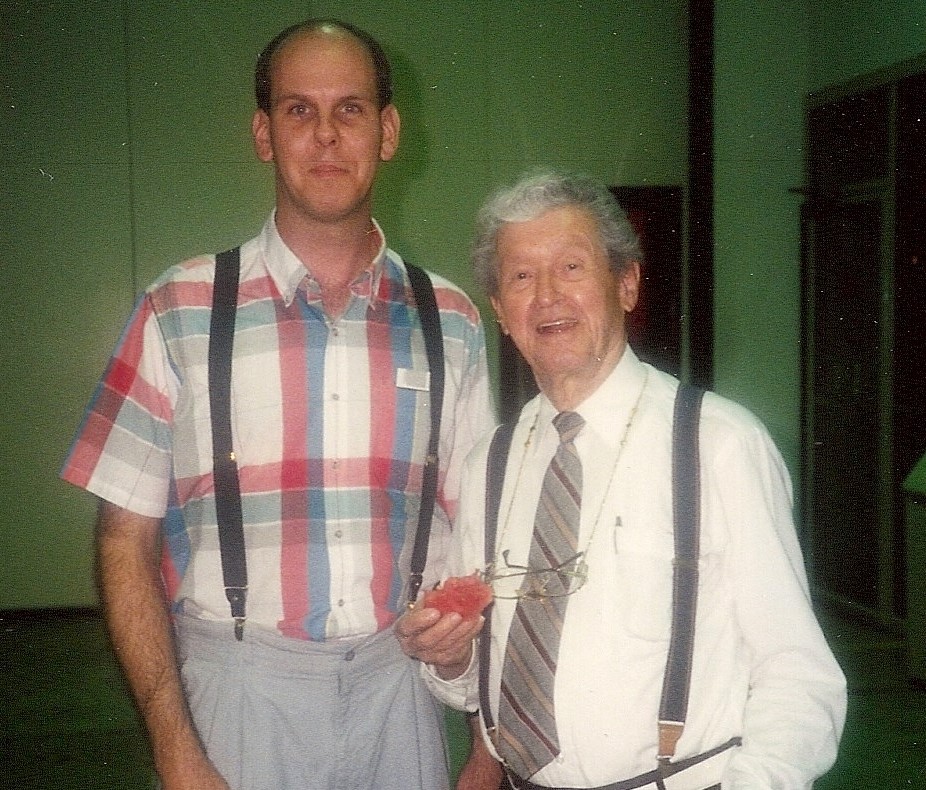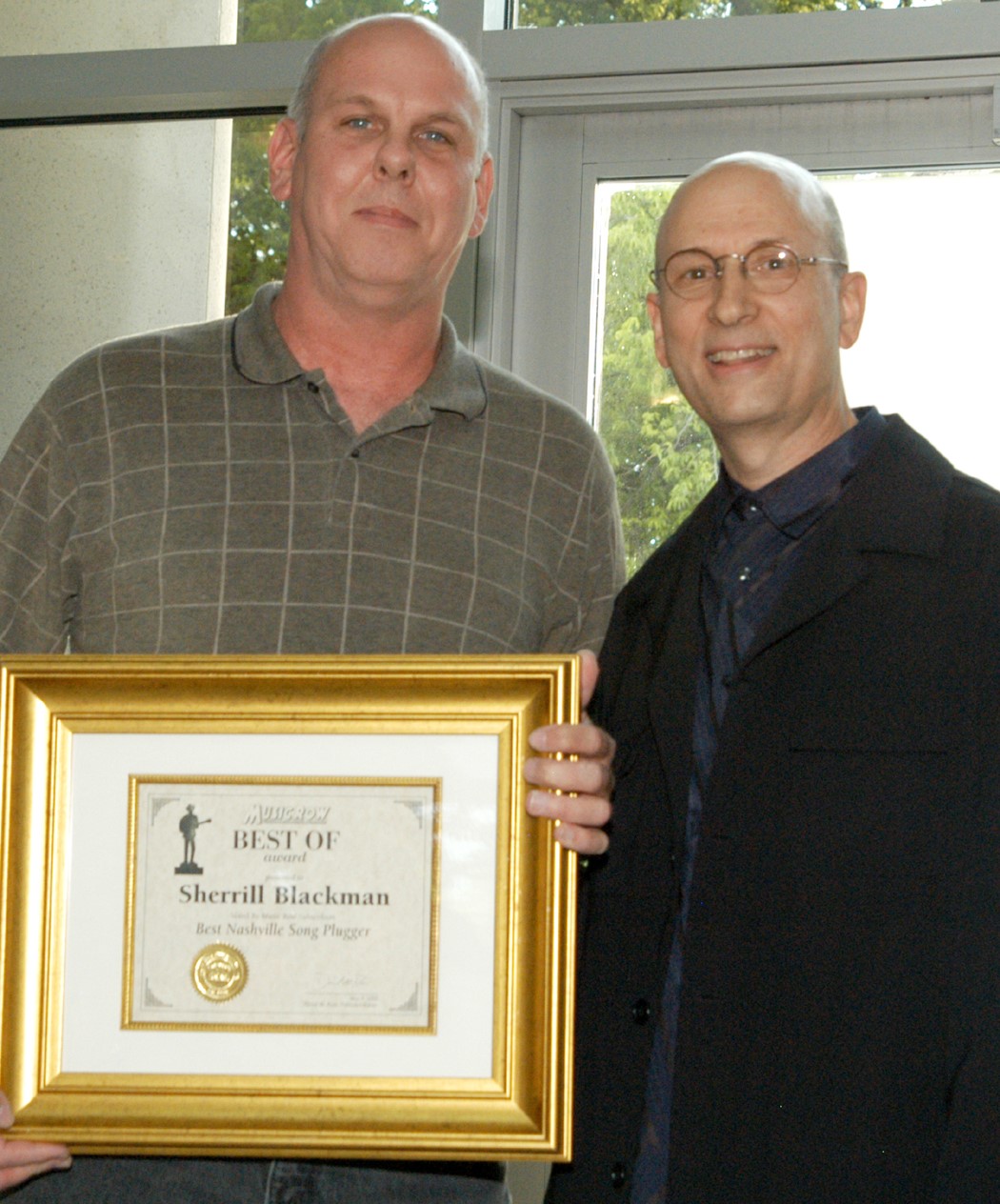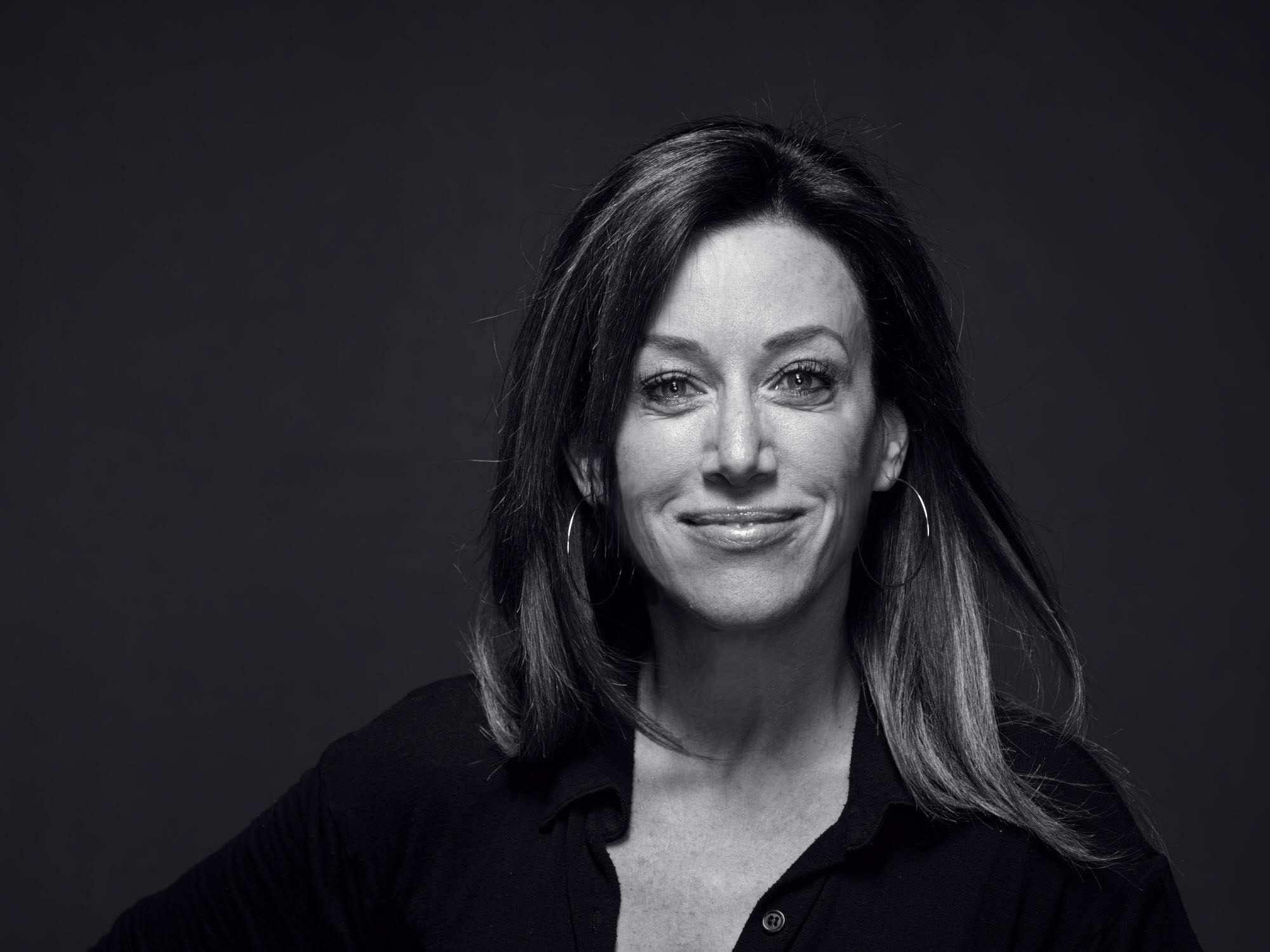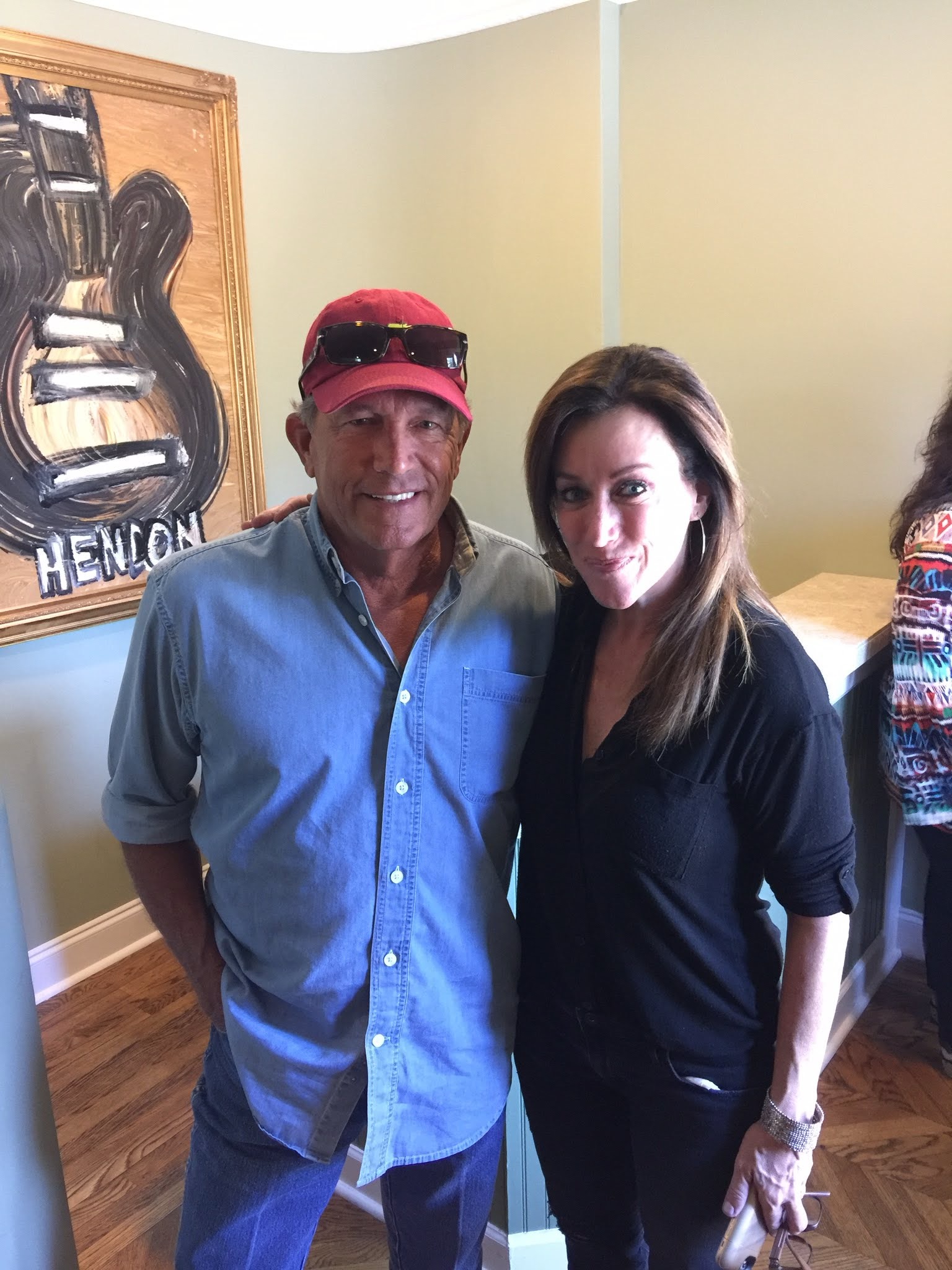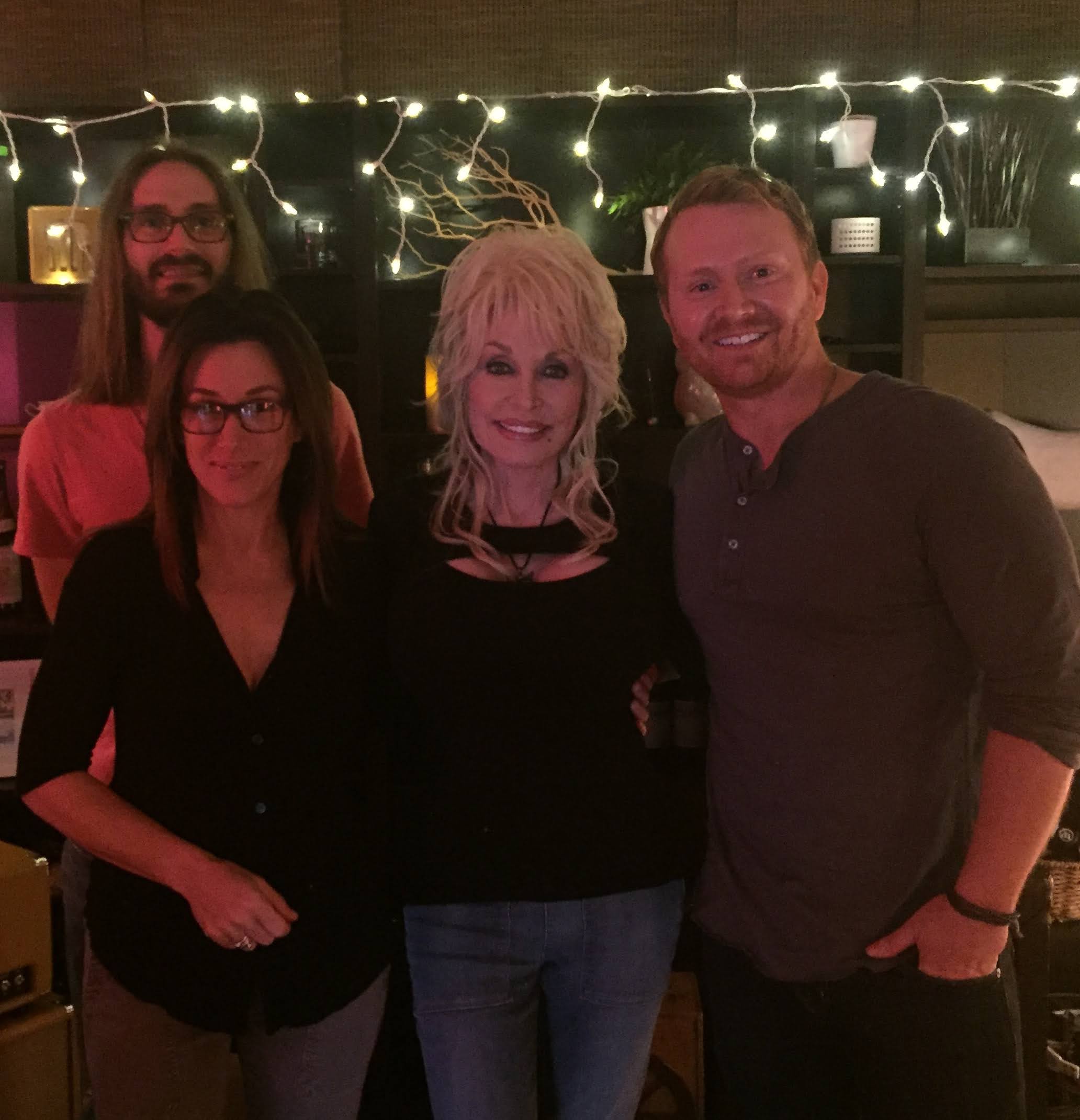My Music Row Story: Big Loud’s Candice Watkins
The “My Music Row Story” weekly column features notable members of the Nashville music industry selected by the MusicRow editorial team. These individuals serve in key roles that help advance and promote the success of our industry. This column spotlights the invaluable people that keep the wheels rolling and the music playing.
As SVP, Marketing at Big Loud Records, Candice Watkins brings proven leadership and across-the-board expertise to the independent powerhouse. She was selected as one of Billboard’s Women In Music (2023, 2024), and has been named a Country Power Player for the last three years.
Leading the label’s marketing efforts across its many ventures and partnerships, Watkins executes creative strategy and bold, cross-platform campaigns that make an impact. Recently, she has led the marketing efforts behind chart-topping successes like Morgan Wallen’s back-to-back all-genre No. 1 albums as well as successful recent projects from Hardy, Hailey Whitters, Stephen Wilson Jr., Charles Wesley Godwin and more. Watkins also spurred introductory campaigns for artists such as Jake Worthington, Lauren Watkins, Ashley Cooke and Dylan Gossett, among others, while embarking on major campaign efforts for heavy hitters Lauren Alaina, Ernest, Larry Fleet and more. The Montclair, New Jersey native is a graduate of Northeastern University in Boston and the University of Southern California in Los Angeles.
Prior to joining Big Loud, Watkins served as Sr. Director of Marketing & Artist Development at UMG Nashville and preceded with stops at Red Light Management, Mozes Inc., Borman Entertainment and Martingale Entertainment. Outside of her work innovating campaign strategy for Big Loud, Watkins serves on boards for CMA, ACM and Teen Dream Center.
Watkins will be honored as part of the current class of MusicRow’s Rising Women on the Row on March 19. For more details about the class and the event, click here.
MusicRow: Where did you grow up?
I grew up in a town called Montclair, New Jersey. I was born in Queens, New York, and then when I was one, my parents moved to a suburb of New Jersey.
Were you into music growing up?
No, I was a sports person. I was basketball and soccer all the way. If you met me when I was a kid and asked me what I wanted to be when I grew up, I would tell you I wanted to be the first girl in the NBA.
I always liked music, but I passionately fell in love with it when I was in high school. I was obsessed with lyrics. If I loved something, I wanted everyone to know about it.
What were you listening to?
Growing up, it was definitely all pop and hip-hop for me. Then I discovered Alanis Morissette. Her lyrics gave me a deep appreciation for words. I fell in love with my English classes. She opened me up to a whole new world of music.
Where did you go to college?
I started at a school called Northeastern University in Boston, where I was a music industry major. Halfway through, I transferred out to University of Southern California in Los Angeles and graduated from there [with a degree in] business administration and entrepreneurship.
What made you want to transfer?
In Boston, I was the captain of my rowing team, but I was obsessed with music. I wanted to work in music and thought New York or Los Angeles were my choices. Because I already grew up in the Northeast, I knew what New York was like. Los Angeles was the unknown for me. I thought if I transferred out there, I could experience L.A. under the safety of college.
While I was still in Boston, I interned for Marty Nolan at a management company (Guster, Dispatch, etc) and was introduced to a local band in San Diego that I fell in love with. I thought I could transfer to USC and manage the band, so that’s what I did. It was very much a fun, bootstrap, DIY experience. [We had] shows at bars in San Diego, L.A., Phoenix, San Francisco and Las Vegas, because it was all drivable where you’d get a portion of the door.
That’s so fun. What happened after graduation?
I played sports all throughout college. I was on the rowing team, and there was one year that I did rowing and basketball. While in L.A. after graduation, I had an injury that flared up and required surgery. The surgery would take me out of commission for three months where I couldn’t walk or work, so I moved back to the northeast to have the surgery with a specialist and recover at my parents’ house. Once I recovered, I started looking for jobs in New York City.
I was up for a dream job at a label in the A&R department. I went in for my second interview and, I’ll never forget, the guy I was interviewing with had to end the meeting because Jermaine Dupri and Janet Jackson were waiting for him in the studio. [Laughs] I was like, “Oh my gosh, this is my dream.”
I became a Christian out in L.A., so my [life had changed]. When I was recovering and interviewing for jobs, Nashville came into my head. It made absolutely no sense because I had never been here. Outside of my mom listening to Patsy Cline and Loretta Lynn when I was growing up, and me knowing crossover artists like Keith Urban, Faith Hill, Shania Twain and Tim McGraw—because of that Nelly song—working in country music wasn’t an obvious notion to me. I tried to ignore it, but it just got so strong that I knew that it would be a mistake if I didn’t come here. Based on that, I packed my car, and with a thousand bucks to my name, I drove down to Nashville. That was in 2006. I didn’t have a place to live or anything.
Wow! What happened when you got here?
I expected Nashville to be this massive city like L.A. and New York. So when I was driving in, I was looking for this grandiose skyline with massive buildings. I ended up passing Nashville. I pulled off on Old Hickory Boulevard off I-65 and found a Starbucks in Brentwood. I got my laptop out and started looking for a place to live and for jobs.
This guy that I interned with in Boston, who was an artist manager at Red Light, reached out to me and asked how my new job in New York was going. I was like, “I didn’t take it. I’m in Nashville now,” and gave him the whole story.
He said, “Well that’s funny because we’re trying to build a Nashville presence. Coran [Capshaw] just bought his first Nashville office and this is our first week of operation. You should go meet with them.” So I met with Red Light and they didn’t have any jobs available, only internships. I was a 24-year-old graduate with a lot of college debt, so I thought, “I can’t do a free internship. I need a good job with benefits.”
The guy followed up and I told him they only had internships. He said, “Candice, do you really think you came all the way to Nashville to get a regular job with benefits? I suggest you take the internship and get your foot in the door.” So I swallowed my pride and I interned for free at Red Light. I worked at a restaurant and at the Ryman so I could get paid and see shows for free. A couple months into that Red Light internship, I ended up becoming full-time. Rodney Atkins was just blowing up. They just released his album called If You’re Going Through Hell, with five back-to-back No. 1 singles, and I got to work that whole campaign. That’s how Nashville started for me.
What was next for you?
After Red Light, I ended up leaving and going on the road with bands doing their brand activations and building their mobile databases. I did that on tour for New Kids On The Block with Natasha Bedingfield as direct support and Lady Gaga as the opening act. On the first weekend out on that tour, they fired the tour PA, so I ended up fulfilling the PA role in addition to the brand activation role. I was gone for months. I was also on a Brooks & Dunn tour, which was one of the best experiences I’ve ever had in my career. I watched their set every single night, I’d never miss “Believe” or “Neon Moon,” and if there was any doubt about working in country music for my career, that tour changed me. I was also on the Keith Urban tour and a Christian music tour.
While I was on the road with Keith Urban, Gary Borman came up to me backstage and said he was looking for a day-to-day manager for Keith. It was my dream to be an artist manager, so I met with Gary and Keith a couple times and eventually got the call saying that Keith wanted me. I became Keith Urban’s day-to-day manager for a few years, which was a career defining moment for me.
What happened next?
After a few years with Keith, I left music altogether because the pastor of my church basically asked me to manage him. He was a pastor, an author and a speaker, so I handled a lot of his speaking engagements, and we released a couple books. Then I went back into music. I did day-to-day for Hunter Hayes for a brief period of time before going to UMG and working under Cindy Mabe in the Marketing department.
I did that for a few years and then Seth England reached out to me. I had known him through business and church, and we had always kept in touch. He asked to get together for a catch-up, and during that, he ambushed me about a job. [Laughs] At that point in time, it was a management role. I thought about it and told him no.
At that time, they were still building the label part of Big Loud. As they were growing, they had the A&R and Promotion departments established, and he felt that they really needed to build out the Marketing role/department next, so he met with me again and casted a vision about the label role. I had to really consider it. I wasn’t looking for a transition, I was happy where I was at UMG. I had to really do the due diligence of hearing him out and praying about it. I looked for every reason to say no and I couldn’t find one. I decided to take a leap of faith by accepting the Big Loud job in 2018.
What is your favorite part about your job now?
At the end of the day, I love music. It sounds basic, but it’s true. I’m in this business to help artists release their music, and bring strategy and execution for them to achieve their vision for it. I love seeing them achieve their “firsts.” Whether it be their first Platinum song or album or their first sold-out headlining show, first No. 1 or television appearance, etc., I never grow tired of that. There’s always a “first,” regardless if you’re a developing artist or an established superstar. It really feeds me because I know what it symbolizes and what it took, and that speaks to the artist and the team. On the team side, I really love supporting the crop of professionals I get to work with and serve.
What is one of your favorite experiences that you’ve had in this industry that you’ll always remember?
There’s so many. This isn’t the flashiest story, but I’m sentimental, so something I’ll always remember is that Shania Twain was my first country concert during college in Boston. I spent all my money to buy really great seats. To go from that experience as a music fan dreaming of working in the business professionally to actually getting to work with her at UMG Nashville was deeply special to me. I keep that ticket stub framed in my office today as a reminder to keep dreaming.
What’s some of the best advice you’ve ever gotten?
If you can’t get what you want right now, put yourself in proximity to it. Also, I really believe in this whole theory that how you get something is how you have to sustain it. Be proud of how you get something.
As one of our Rising Women on the Row honorees, what has your experience been like as a woman in our business?
I know what I bring to the table. I know that it’s valuable. I know what I’m doing. I think everyone’s road is different. Mine has been more of a zigzag, if you will, than a straight line. I’ve always craved that story of being at the same company for 20 years, but that’s just not been my story. There are definitely power dynamics and inequitable systems at play. I have my days of being anguished. I know it’s forced me to forge my own path, have perseverance and to stay focused on my vision, despite what’s happening, to bring positive impact.
What advice would you give women who look up to you?
Never feel entitled to the thing that you want. Work hard for it by being excellent at what you do. Bloom where you’re planted. That’s what led me to opportunities with Keith Urban, UMG Nashville and Big Loud. In addition, there are so many opportunities now in terms of programs. ACM and Black Music Action Coalition (BMAC) have a [mentorship] program and CMA has a Women’s Leadership Academy. There’s so much access now, so many resources—way more than I ever experienced when I was coming up. Take advantage of all of those opportunities and programs.






















































